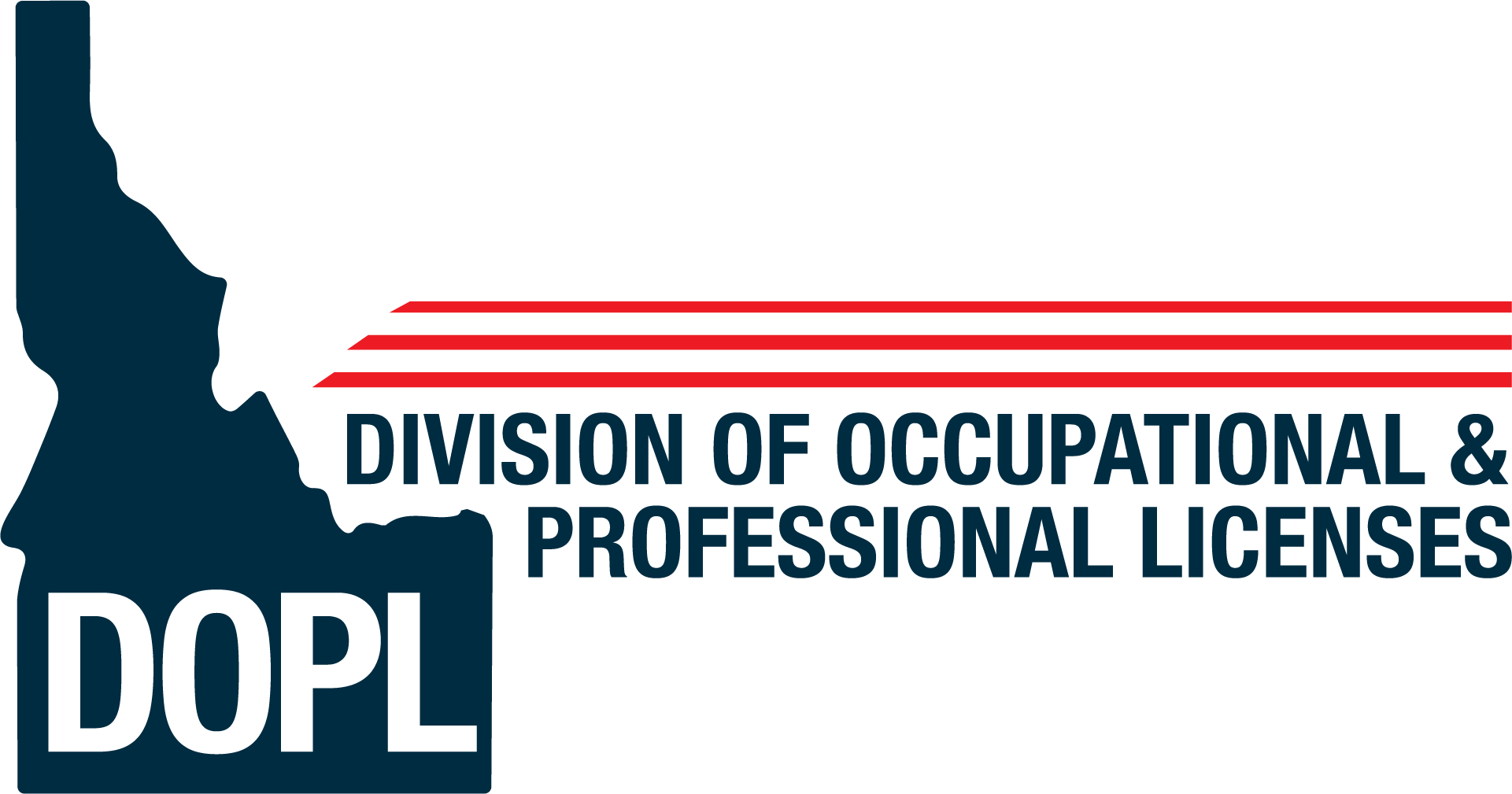Q: Can cosmetologists and estheticians use needleless or “jet” injectors and fibroblast plasma pens in their practice?
A: State law allows cosmetologists and estheticians to perform the following skin care-related services:
- Perform “noninvasive care of the skin” by applying “cosmetic preparations . . . to cleanse, massage, exfoliate, hydrate and stimulate” the skin;
- Use Class I medical devices, as classified by the FDA, designed for skin care; and
- Use Class II medical devices, as classified by the FDA, designed for skin care so long as the licensee uses such devices under the direction and supervision of a licensed health care practitioner.
Idaho Code § 54-5802(8) and (14).
Needleless devices such as “jet” injectors use high velocity air pressure to inject or force a product (often hyaluronic acid or dermal filler) under the skin. Although the FDA has not reviewed all needless injectors on the market, those that it has reviewed are classified as Class II medical devices. Additionally, the FDA has not approved any needleless device to inject dermal filler into the skin. Thus, cosmetologists and estheticians may only use needless devices to inject dermal filler under the skin under the direction and supervision of a licensed health care provider.
Fibroblast plasma pens and similar skin tightening devices are generally used to improve and heal skin texture and firmness by encouraging the production of new collagen. The FDA describes the “intended use” of plasma resurfacing systems as follows: “The treatment is achieved through controlled heating of the outer layers of the skin so that part or all of the epidermis becomes non-viable and there is controlled thermal modification to the underlying dermis.” Devices utilized in these skin procedures are classified by the FDA as Class II medical devices. Thus, cosmetologists and estheticians may only use fibroblast plasma pens and similar devices under the direction and supervision of a licensed health care provider.
If you have questions regarding whether a device falls within your scope of practice, please submit a written request to the Board.
GENERAL
Q: How do I stay up to date on the legal requirements for cosmetology, barbering, esthetics, nail technology, electrology and establishments?
A: The Laws and Rules are posted on the Board’s website. The responsibility for being informed belongs to you and applies to the licensure process, your renewal of the license, and your on-going practice.
APPLICATIONS
Q: How do I apply for licensure in Idaho?
A: For personal licenses there are two ways to apply for licensure: endorsement or examination.
You will need to create an online user profile and you can apply for your license from your account. The appllication process will identify the documents you will need to submit with your application. You can upload these documents as you are working through your online application.
For establishment applications, you will either apply as a primary (the owner of the whole establishment) or as a contiguous (leasing a booth or room from an already established salon). For the primary application, you will need to submit a diagram of the shop. For contiguous applications, the person leasing the booth or room will compllete the application for the license.
Q: Will the Board issue a temporary license?
A: No. Temporary licenses are not issued.
Q: When may I expect a response regarding my application?
A: Completed applications are reviewed in between Board meetings for approval and licensure, if there is no criminal or discipline history. If a license has been approved, you may verify this on the Division website. Select License and Registration Search, choose Barbers and Cosmetologists in the drop-down box, and enter either your name or the name of your establishment. Click search for results.
ESTABLISHMENT LICENSES
Q: Do I have to have a establishment license?
A: If you are leasing a station or room, you need to have a contiguous license. If you are an employee or commission-based, you do not need to hold an establishment license. If you are the owner, you will need a primary license. As the primary, if you lease out your station or plan to work in contiguous stations, you will need to also hold a contiguous license.
Q: Can I work before my personal or establishment license is issued?
A: No. To work in Idaho, you must hold an Idaho license.
Q: I am moving to a new establishment. What do I need to do?
A: You will need to apply for a new establishment license. Licenses for establishments are attached to the address.
NATIONAL EXAM
Q: How do I register for the national exam?
A: For those who have gone through an apprenticeship, your instructor will need to sign you up with ProV. For students, the school will register you for the exams. If you are applying for licensure with out of state training, but have not taken the exams, once a complete application is received and processed you will receive a letter called a Verification of Eligibility (VOE). You will contact ProV after receiving the VOE.

